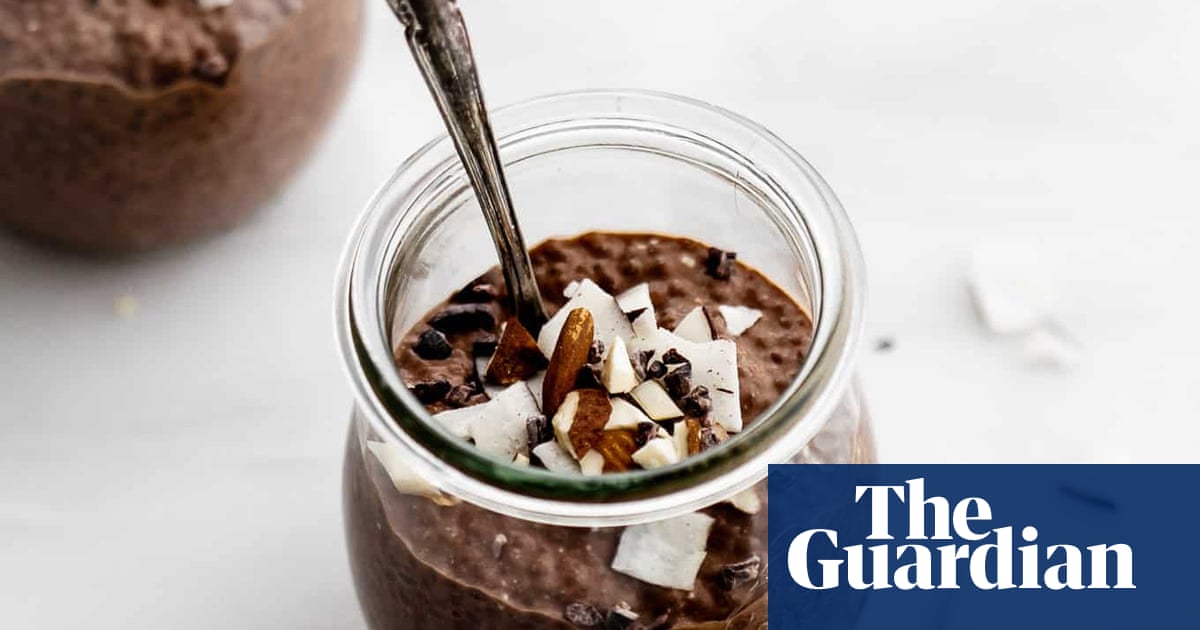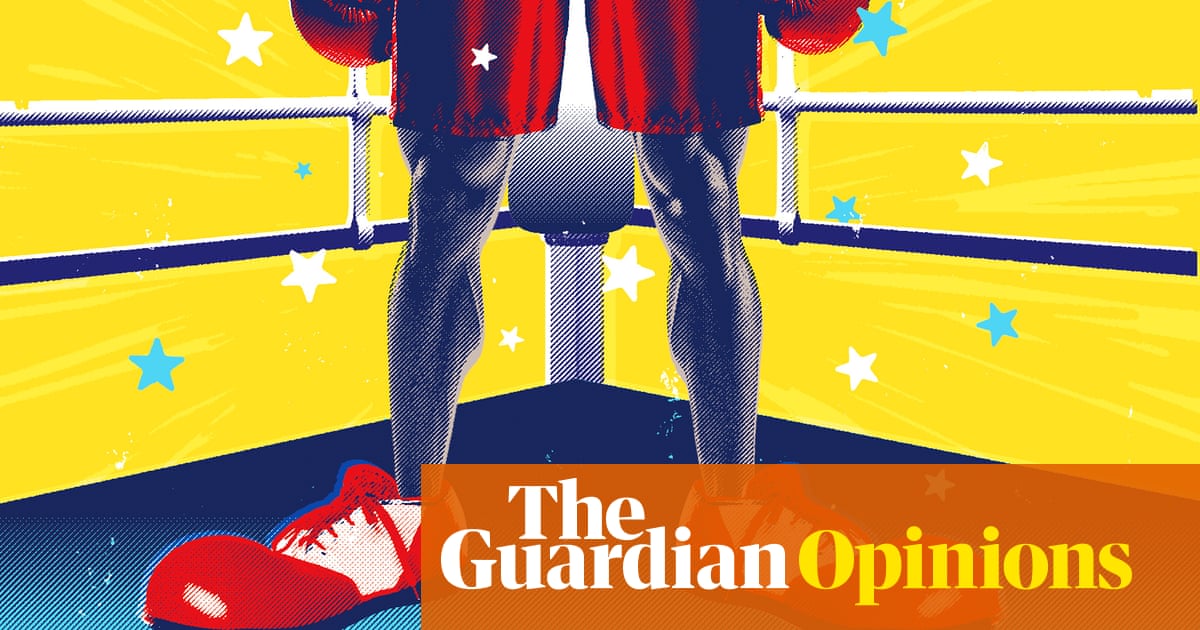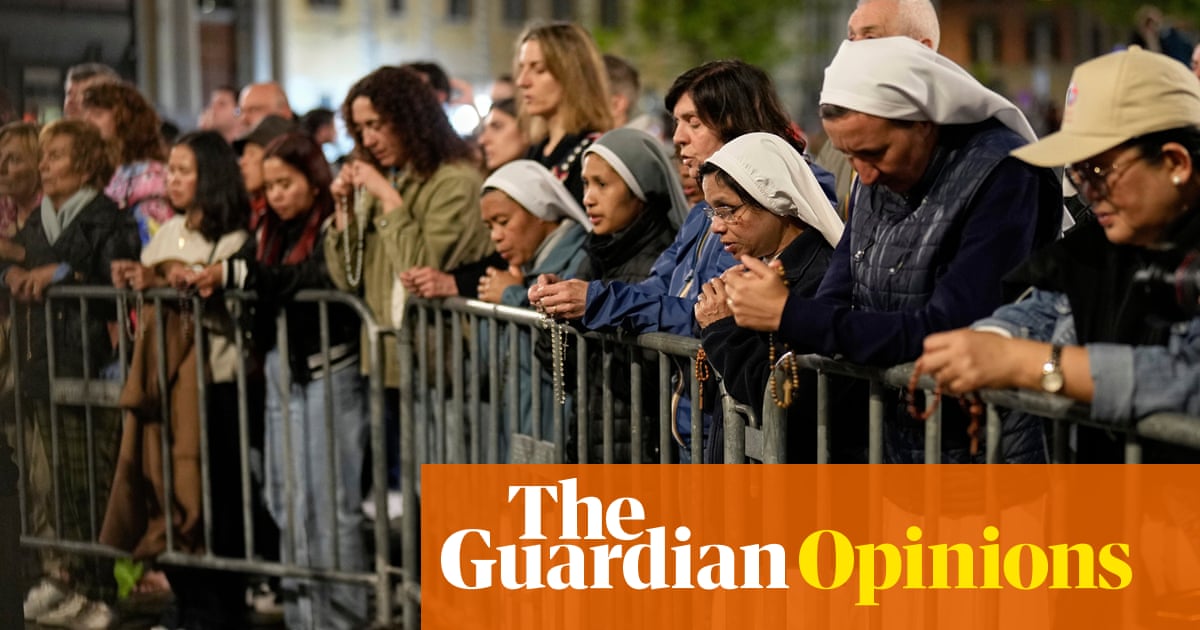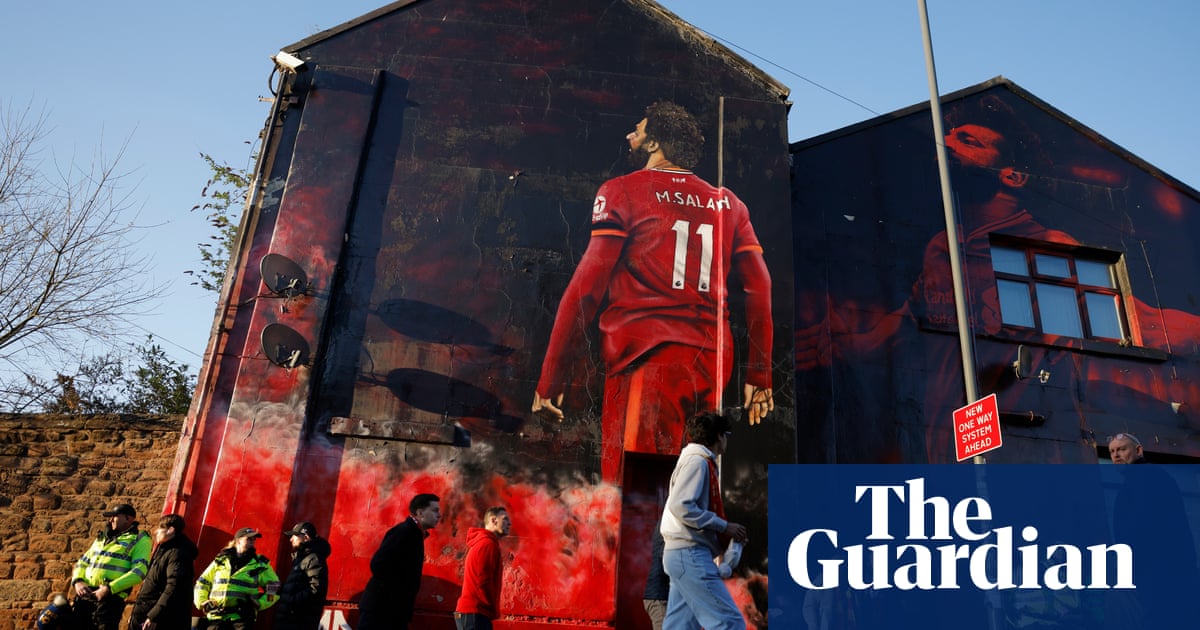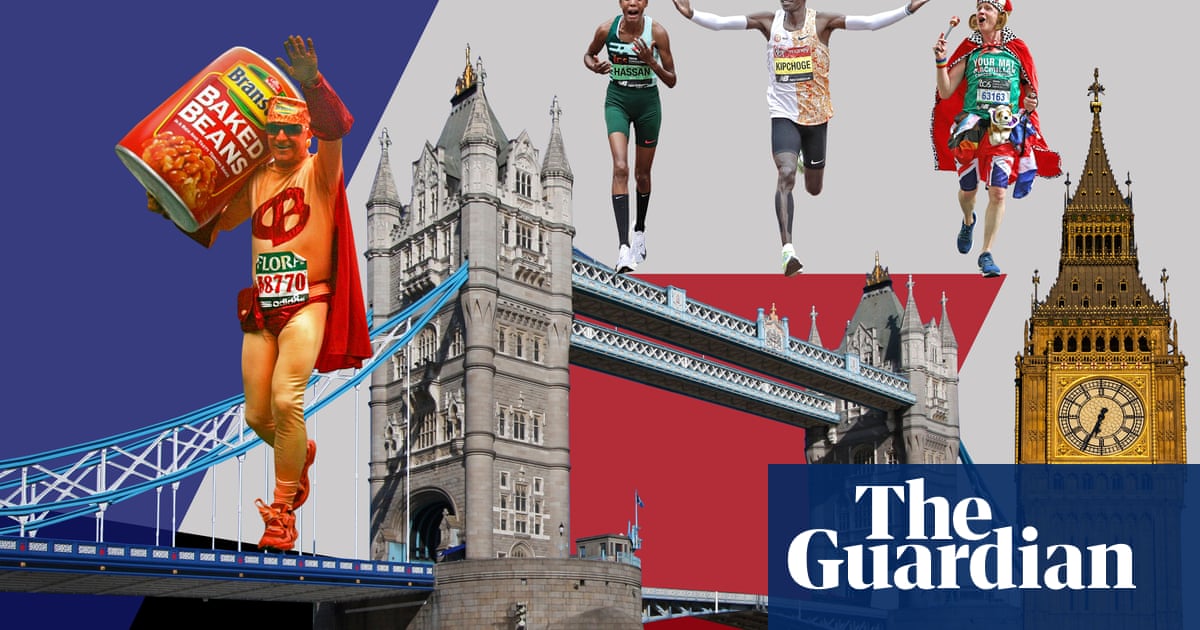Eline Arbo is a Norwegian theatre director. She grew up in Tromsø in the Arctic Circle, went to university in Oslo, and studied directing at the Academy of Theatre and Dance in Amsterdam. In 2023, she succeeded Ivo van Hove as the artistic director of the celebrated Internationaal Theater Amsterdam, where her productions have included adaptations of The End of Eddy, a novel by Édouard Louis, and of The Years, a memoir by Annie Ernaux. An English-language version of The Years with five actors playing Ernaux was a sellout hit at the Almeida theatre in north London last year, and transfers to the West End later this month.
Did you have any idea just how successful The Years, your first production to be staged in London, would be?
No! It had already been a big hit in the Netherlands, but you never know what’s going to work in a different context. I felt it was an important story: you go through a woman’s whole life, with all its ups and downs, all the different roles you have to play and to juggle; all the bodily things, too. Audiences had told us what a profound experience this was for them. But it is a strange [experimental] form as well, and I did wonder how it would be received. I’ve never had anything like this happen before: the transfer [to the West End], and I’m so happy about it.
Did you consider adapting any other book by Ernaux, or was it always and only The Years for you?
Well, I love her. I was introduced to her work by my mother. But The Years really zooms in on a lot of very specific things that happened to her. It’s so beautiful, the way it touches on every stage of life.
What was her response to your adaptation?
She hasn’t seen it! I’d be so nervous if she did. But I’m very happy she gave me the rights. This is quite a radical adaptation. It takes the work and makes something else out of it. I made my own work of art out of her work of art.

In London, Ernaux is played by five different actors – Harmony-Rose Bremner, Anjli Mohindra, Gina McKee and Deborah Findlay. They’re all on stage for the entire performance; they sing, dance and move scenery around. Tell me about casting them.
I said from the beginning: I don’t want stars. People only told me later what a top cast I’d got. The most important thing was to find a group that’s like one organism that moves together. The auditions were partly like normal auditions, reading the scenes, but we also talked about what kind of piece this is. It’s not Hedda Gabler; they share the spotlight. Early on in rehearsals, I said to them: you are all Annie, and every time anyone says anything [on stage] it’s about you; you’re not just in the background. So, for instance, with Deborah, who plays Annie 5 [her oldest incarnation], when she sees her younger self having an abortion, how does she feel about that? It’s her memory.
The abortion scene got a lot of attention in London. Audience members fainted, and walked out. What did you make of that?
We had a couple of reactions in the Netherlands, but nothing like those in London. So it was unexpected. It took me by surprise. I mean, people have seen Sarah Kane’s [violent] plays, haven’t they? The scene isn’t even realistic; she’s just explaining what happened. It’s implied. Shakespeare is a lot more bloody! I prayed for them every night that the show wouldn’t have to stop for a long time. Interestingly, it was more often men than women who reacted like that.
You’re a Norwegian who works in the Netherlands, and now in London. To what degree do you feel like an outsider, and does that help or hinder your work?
Although I’ve been in Amsterdam for 12 years now and it has become my home, there is a little bit of distance: I’m not speaking my mother tongue, and I think that this helps me. As artists, our job is to look at society and respond to what’s happening, and being an outsider helps with that: it gives you perspective. But in Norway, theatre education was very focused on the Stanislavski method [a form of ultra-realism]. It was very psychological. That wasn’t for me. I believe in the collective approach to theatre. My first production here in 2023 [at the Internationaal Theater Amsterdam, which is an ensemble] was an adaptation of Michael Cunningham’s novel The Hours. I felt a really strong connection to it immediately. You make something profound together.
What’s it like stepping into Ivo van Hove’s shoes as artistic director?
I don’t step into his shoes; I stand on his shoulders. Artistically, he achieved amazing things. He has had such an important influence on theatre-makers internationally. It’s a privilege to be able to work at this very special, unique company. But the kind of theatre I make is also very different from my predecessor. It’s going to be interesting to see how we evolve and develop.
What are you doing next?
An adaptation of James Baldwin’s novel Giovanni’s Room. We are in previews now [in Amsterdam]. After that, I’m doing another adaptation, The Wall, by the Austrian novelist Marlen Haushofer. It was written in the 60s. It’s about a woman who goes to cabin in the Swiss Alps for the weekend. When she wakes up, she realises she’s all alone in the world. It’s kind of post-apocalyptic sci-fi. She’s the only survivor.
It sounds very now. Does theatre still have a role to play in the world, and if it does, should it be more, rather than less, subsidised?
I believe in subsidised theatre. I was quite shocked when I came to London to realise how little it is subsidised in Britain compared with Europe. My fear is that without help, everything will become more and more commercial – and who decides what sells? No one would have predicted the success of The Years. I’ve always felt that theatre is very fake. You have grownup people pretending to die in front of you, and it’s ridiculous. But still, we want to believe in it, and that’s why it’s an exercise in empathy, and so amazing and important. In a world of Netflix and mobile phones, it’s more important than ever to have live experiences.
Is there a classic play you dream of directing? Do you long to do Hamlet?
I really don’t have a list of classics I want to do. I read a lot, and my work comes from finding themes I’m interested in. [Laughs]. But yes, of course, I always secretly wanted to do Hamlet…
-
The Years is at Harold Pinter theatre, London, from 24 January to 19 April

.png) 3 months ago
36
3 months ago
36

